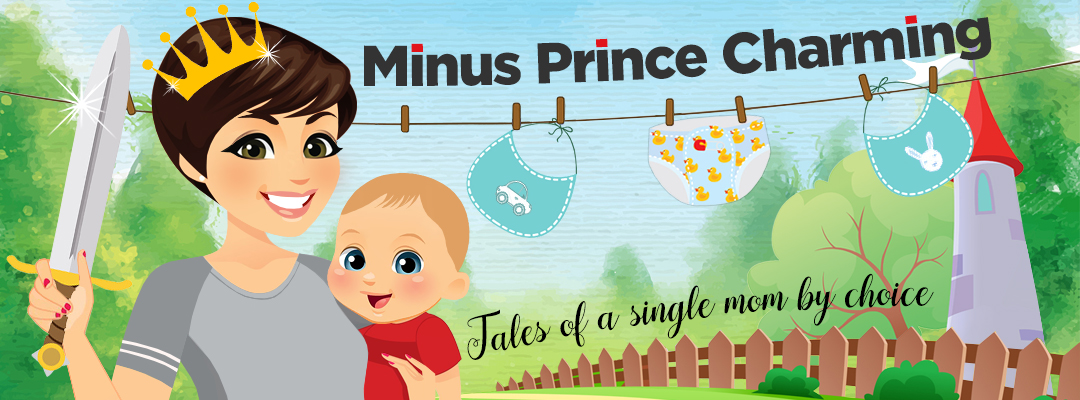Originally posted September 27, 2015 on Merely Mothers (now Evie & Sarah)
Being the inquisitive writer I am, I often listen in on fellow shoppers’ conversations as I wait in the check out line or pass people in an aisle. (Okay, I’m just nosy. Go with it.) As school was starting this year, and I was making my annual pilgrimage through Target for supplies and a few new accessories, I couldn’t help overhear a conversation between two mothers comparing the upcoming year’s teachers. While one mother seemed pleased to have a teacher both had heard about, the other was obviously somewhat distressed about her child being in the classroom of a new teacher.
I thought back to my first year of teaching, how inexperienced I was, how nervous, how young, and I could totally understand this mother’s fear of the unknown. After all, parents entrust a year of their child’s education and school experience to their child’s teacher or teachers. But then I thought back to not only my first years, but also to the first years of the teachers I’ve mentored over the last decade. It occurred to me that second mom didn’t know how lucky she was to have her child in a new teacher’s classroom.
No one’s first year of teaching is perfect. But no year of teaching is ever perfect. And newer teachers have an awful lot of advantages that more experienced teachers might not. Here are just a few to ease your mind.
Knowledge of the Most Up-to-date Research and Trends in Education
If your child is lucky enough to be in the classroom of someone fresh out of college or grad school, you can be assured that teacher is probably the most up-to-date in the building on recent research about childhood development, best practices for 21st Century teaching, and how to incorporate the ever-growing technology our children will need in their futures into their learning. While almost all teachers are required to take classes to keep their certification, few who are in the middle or end of their careers take the number of classes required of students in teacher preparation programs. New teachers are full of new ideas, new strategies, and new research.
High Stakes Drive Them to Excellence
With recent education reform, no teacher’s job is entirely secure. As it should be, if a teacher consistently doesn’t perform, he can be let go. However, new teachers have more at stake than anyone. Their jobs are never secure, which means they need to work twice as hard to prove they ought to be kept on. New teachers are more willing than most to take criticism and run with it, revamping their methods until they work for every child. They’re more likely to actively seek out help to improve, and in most districts they are watched the closest and given the most support to be better, because we want them to succeed as much as parents do. Who wouldn’t want their child in the classroom that the entire building, from administration to fellow teachers, is helping to be amazing?
Energy
Fourteen years ago I arrived at school at or before 7am, stayed after doing extra help or numerous after-school activities until 4pm, went to grad school one or two nights a week until 8 pm, and still had energy left on Friday afternoon to go socialize with my co-workers over a beer. Today, I do not.
New teachers are usually young, often don’t have families yet, and still have the stamina they built up in college to survive quite well on limited sleep. This energy is evident in the ways they teach, the ways they get involved in the school community, and in the ways they interact with the kids. They have the energy to be more active, more creative, and more involved, all qualities that make for excellent teaching and student engagement. Energy is contagious in a classroom and, when channeled, can lead to tremendous learning.
Untainted Passion
Like energy, passion is also contagious. I was given a little sign one year by a parent that reads “A teacher that loves teaching creates children who love learning.” I absolutely believe this is true. I also absolutely believe that the majority of teachers, no matter how long they’ve been in the classroom, do love teaching. It’s too hard a job to stick with if you don’t love it. That said, the longer you teach, the more you experience the downsides to the job: pendulum swings in policy that condemn one year what they espoused five years before, interference by politicians who’ve never taught a day in their lives, and an ever-increasing workload that seems to take more and more time away from the very things teachers love—the kids and the teaching.
New teachers lack experience in all areas of the profession, the good and the bad, which can actually benefit them and the students they teach. They start their careers focused on what all educators should be focused on: great teaching and great learning. If you’re lucky enough to have a child in a room of a teacher who has yet to have their passion tempered by the realities of the profession, who’s bounding with energy and new knowledge, and who’s striving to prove she’s capable of being the best, enjoy it—and encourage it with all the support and kind words you can! You and your child are in for a great year!
Photo credit: alphaspirit

